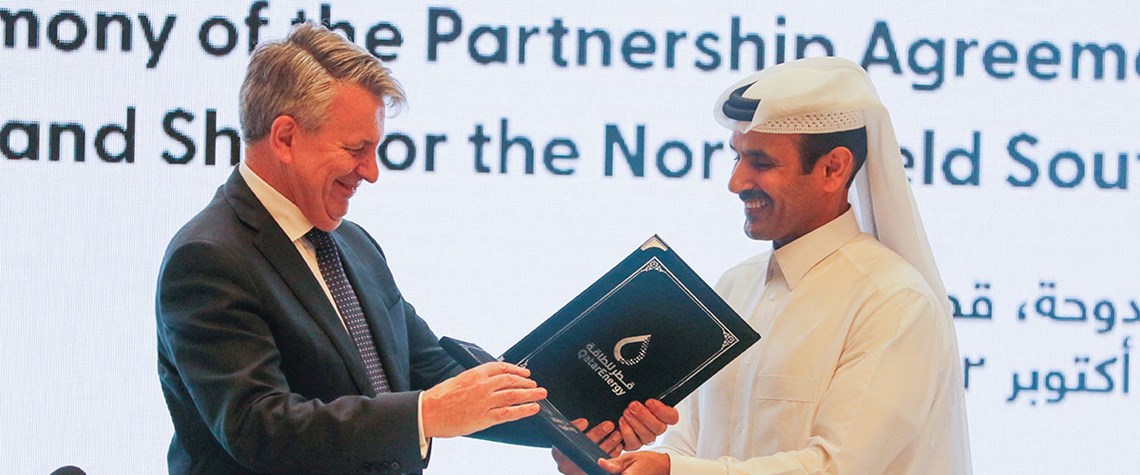QatarEnergy’s INOC paradox
The state-owned LNG heavyweight is adamant that it is a purely commercial enterprise, but the evidence is conflicting
The term INOC—for international national oil company—has somewhat fallen out of fashion in recent years. Interestingly, Saad al-Kaabi, CEO of QatarEnergy, did not try to revive it when he addressed the Energy Intelligence Forum in October. Instead, he claimed that his firm should simply be considered an IOC. But even a cursory glance at Kaabi himself must raise immediate questions about his claims of QatarEnergy being divorced from political influence. For one thing, as well as wearing his CEO hat, he is also Qatar’s minister for energy. His recent travel schedule—as publicised not by the ministry, but by QatarEnergy—also appears to conflict with his narrative. “The characterisation of NOC i

Also in this section
25 July 2025
Mozambique’s insurgency continues, but the security situation near the LNG site has significantly improved, with TotalEnergies aiming to lift its force majeure within months
25 July 2025
There is a bifurcation in the global oil market as China’s stockpiling contrasts with reduced inventories elsewhere
24 July 2025
The reaction to proposed sanctions on Russian oil buyers has been muted, suggesting trader fatigue with Trump’s frequent bold and erratic threats
24 July 2025
Trump energy policies and changing consumer trends to upend oil supply and demand








